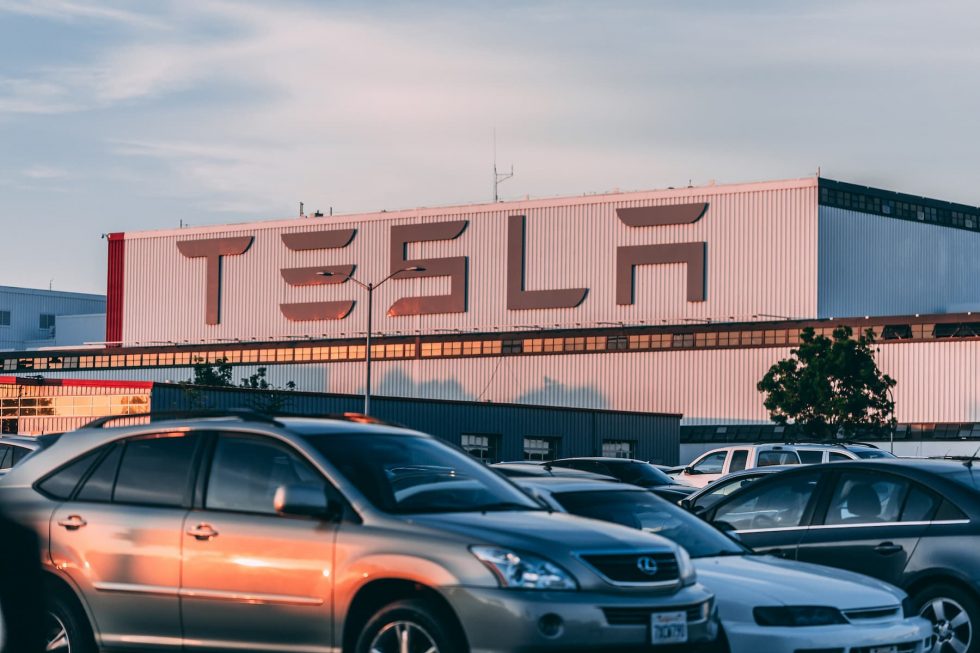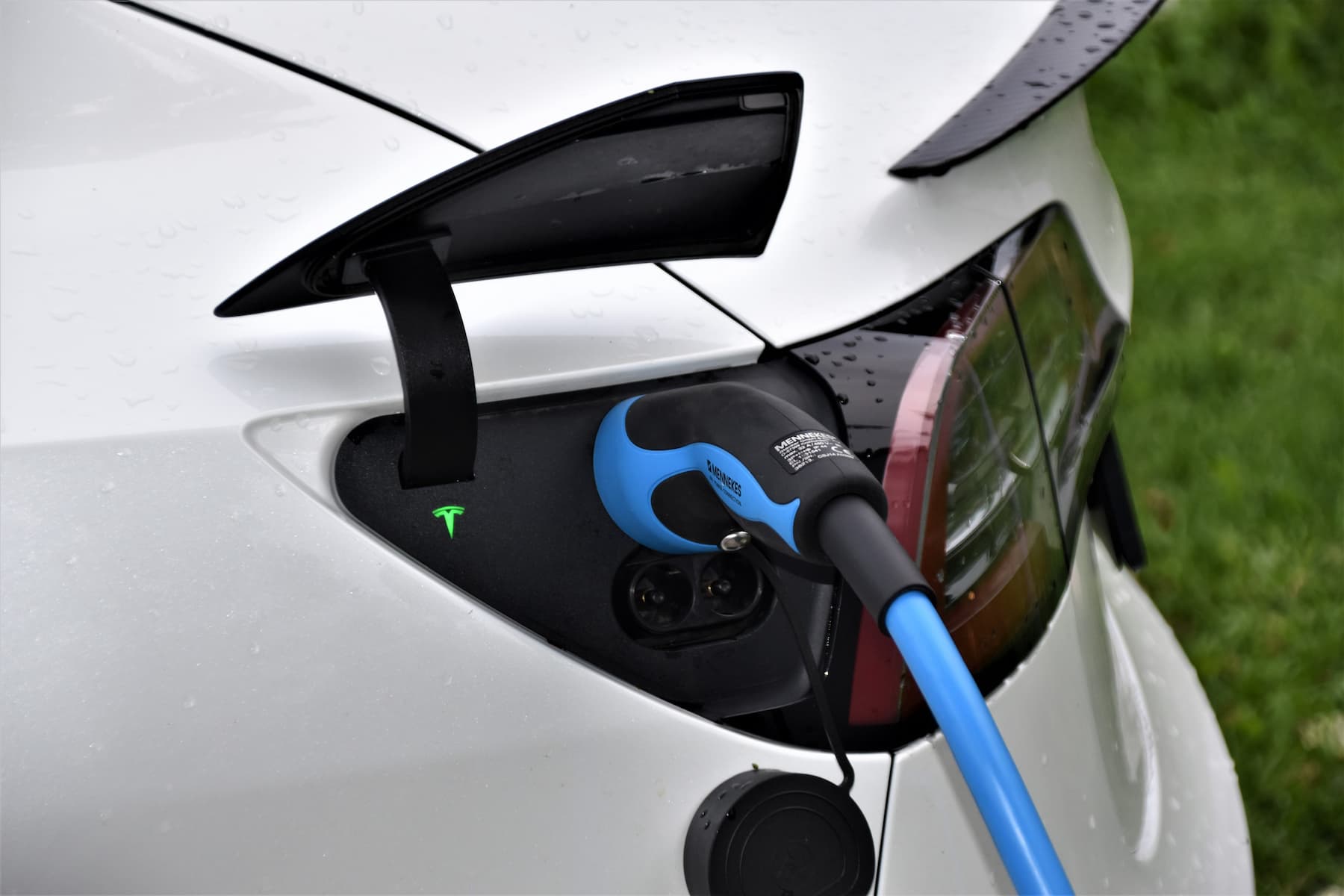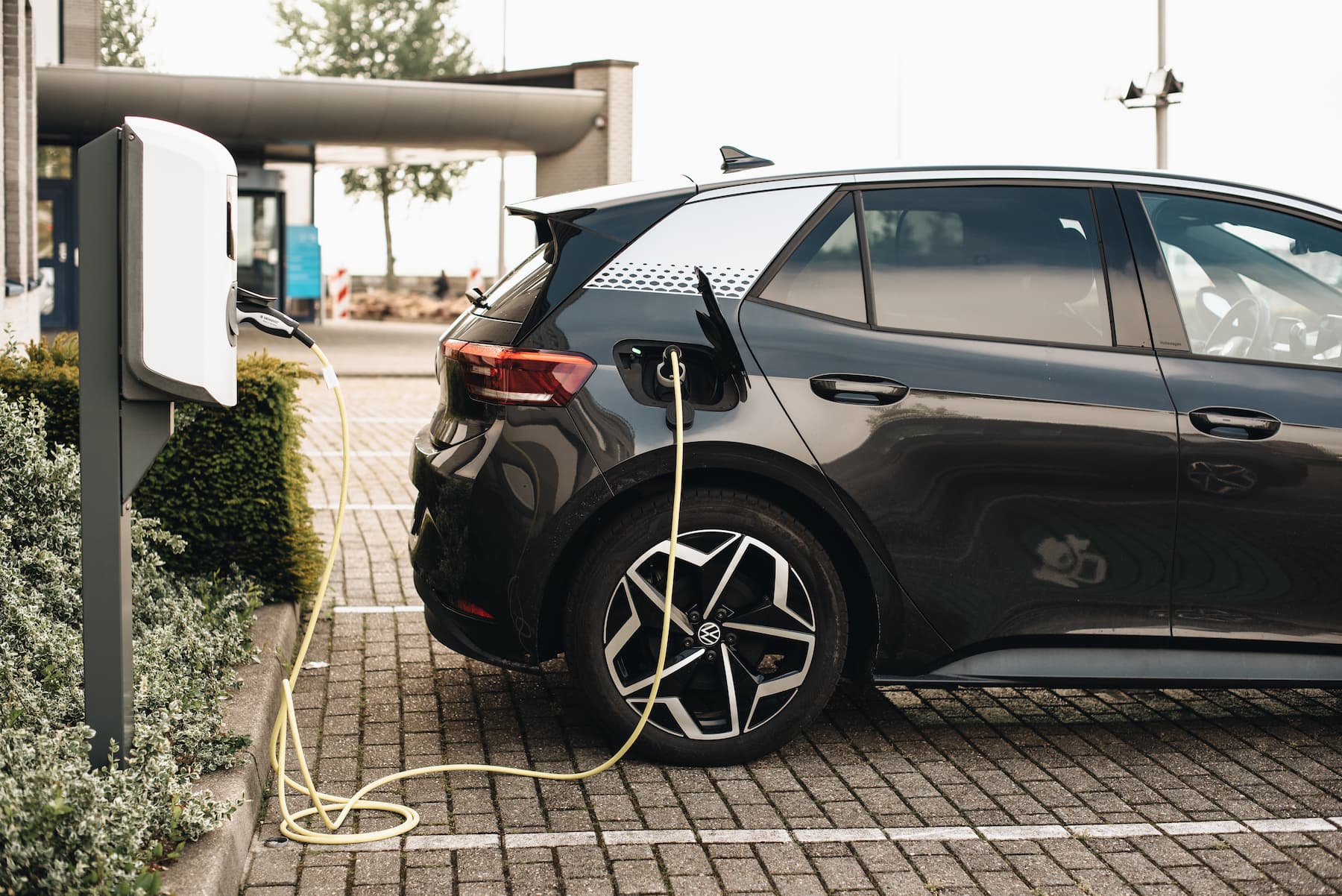8 Myths About Electric Vehicles, Debunked
by Adia Tay

Image Credit: Craig Adderly | Pexels
With more and more car manufacturers and governments around the world announcing their plans to go electric, what was once a niche market for the curious and environmentally conscious is now an imminent reality for the average motorist. Yet, most laymen know little to nothing about Electric Vehicles or EVs for short.
What is a fact, and what is simply untrue? In this article, we’ll bust 8 myths about electric vehicles, and paint you a clearer picture of our greener future.
1. All EVs are environmentally friendly

Image Credit: Noah Buscher | Unsplash
Hold your horses, Mustang Sally. This depends on how you charge your vehicle. If you’re using renewable electricity, such as solar power, and there are no carbon dioxide emissions from your charging session, congratulations, you’re now an eco-warrior.
However, a bulk of modern-day electricity comes from CO2-heavy sources such as gas and coal, which makes an electric car just slightly better than a petrol-powered one in terms of emissions, which is why it is always important to take note of exactly what type of electronic car you’re getting.
2.EV batteries last longer than petrol car batteries

Image Credit: Waldemar Brandt | Unsplash
Like all batteries, those used in electric vehicles degrade over time. We’re not saying EV batteries are anything like iPhone batteries (thank the heavens), but over time their ability to hold charge will inevitably lessen. It’s important to note that EVs also don’t use the entire capacity of the battery, for the simple reason of extending battery life.
That said, certain car brands such as Jaguar and Mercedes-Benz do offer warranties on their batteries, and most fully charged EV batteries provide more than enough mileage for the average driver.
3. You need to charge your EV at a charging station

Image Credit: Orau | Pexels
This is not true. You can actually charge your EV at home via a normal power point, but the charging process will occur very slowly and could mean over 33 hours of charging time for a Tesla, and 15 to 24 hours for a Hyundai Kona. Ain’t nobody got time for that!
4. EVs take very long to charge

Image Credit: KoolShooters | Pexels
While charging time actually depends on a few factors, such as the power of the charging station and external temperature, most modern EVs can be charged up to 80 percent within about 40 minutes, provided you’re using a charger that matches the car’s maximum charging capacity. Why just 80 percent, you might ask. Well, electric car chargers do not fully charge so as to maintain battery longevity. Do note that in extreme heat or cold, EV batteries might accept less energy.
5. You can’t drive as far as a normal car between charges

Image Credit: Kylle Pangan | Unsplash
As with petrol-powered vehicles, potential mileage depends on elements such as the size of the car, the type and capacity of the battery, the temperature, and more. Most fully electronic EVs offer a minimum range of 400 kilometres, although you can usually knock off about 10 to 15% of these claims for real life.
Some EVs on the other hand, claim to boast a range of more than 500 kilometres, which is sufficiently more than the 300 plus kilometres the average Malaysian covers in a week.
6. EVs cannot accelerate as well as petrol cars

Image Credit: Clay Banks | Unsplash
Wrong! Electric motors can deliver maximum torque much quicker than a petrol or diesel car, and many can accelerate faster as well. What’s more – electric cars available today consistently perform just as well as petrol cars up to a certain speed. It is true, however, that EVs typically have lower top speeds than cars with internal combustion engines.
7. EVs run only on electricity

Image Credit: Thomas Kelley | Unsplash
Sorry, but this isn’t true either. The term “Electric Vehicle” does not necessarily refer to purely Electric Vehicles. There are three main types of electric vehicles available today:
- Battery Electric Vehicles (fully electric)
- Plug-in Hybrid Electric Vehicles (recharged through regenerative braking and plugging into a charging station)
- Hybrid Electric Vehicles (powered by gas and electricity)
8. EVs require little maintenance

Image Credit: Damir Kopezhanov | Unsplash
While Electric Vehicles don’t require regular motor maintenance, items such as the car battery will degrade over time and are not cheap to replace, although this is unlikely to happen less than ten years into your car’s life. Electric cars, just like normal cars, also have the usual tyres, brakes, and suspension components which will require regular maintenance. After all, it’s an electric car, not a magic one, geez.
And there you go – We hope these 8 debunked electric vehicle myths have given you a tad more awareness of what EVs are actually like. Do you have any facts of your own to share or more question marks? Let us know in the comments below.